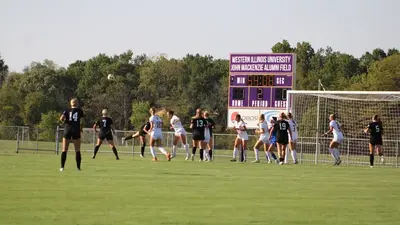A bill to raise the statewide minimum wage to $15 would actually more than double the current minimum wage, Rep. David Reis (R-Willow Hill) asserted on Tuesday during House debate on SB81.
“It’s not just $15," Rise said. "It’s going to be almost $17. That’s the cost to employers by the time they pick up all the other costs that they have to pick up now. So you take that on top of already uncompetitive stuff here in Illinois, and it’s going to be make it even more uncompetitive.”
The measure, presented by Rep. Will Guzzardi (D-Chicago), has faced a great deal of opposition from businesses and Republicans, many of whom fear that raising the wage will force businesses to cut hours or employees, close down, or move to neighboring states.
Guzzardi argued that residents of Illinois can't continue to live on $8 an hour.
Reis countered that for businesses like those in the agriculture industry, the minimum wage could climb to $18 an hour when considering competition, crop or product costs and machinery prices. The pay would be unsustainable, he said.
“This is going to be a major impact on employers [and] a major impact on agriculture," Reis said. "A lot of my factories at home are paying $12 to $15 an hour starting out. They still have openings. How can we remotely remain competitive with Indiana, which is across the river from me, whose minimum wage is $7.25? We can’t. Our factories can’t. It is so much easier for them to move across the river.”
Reis said the minimum wage should be handled at the federal level so that it can be enacted nationwide and create an even playing field.
“It’s awfully easy to use other people’s money to try to move an agenda,” Reis said. "Facts are, there are going to be less jobs. African-American males in the city of Chicago have some of the highest unemployment rates. Why do we want to make that worse? It’s not just $15 an hour; it’s all the other costs.”





 Alerts Sign-up
Alerts Sign-up